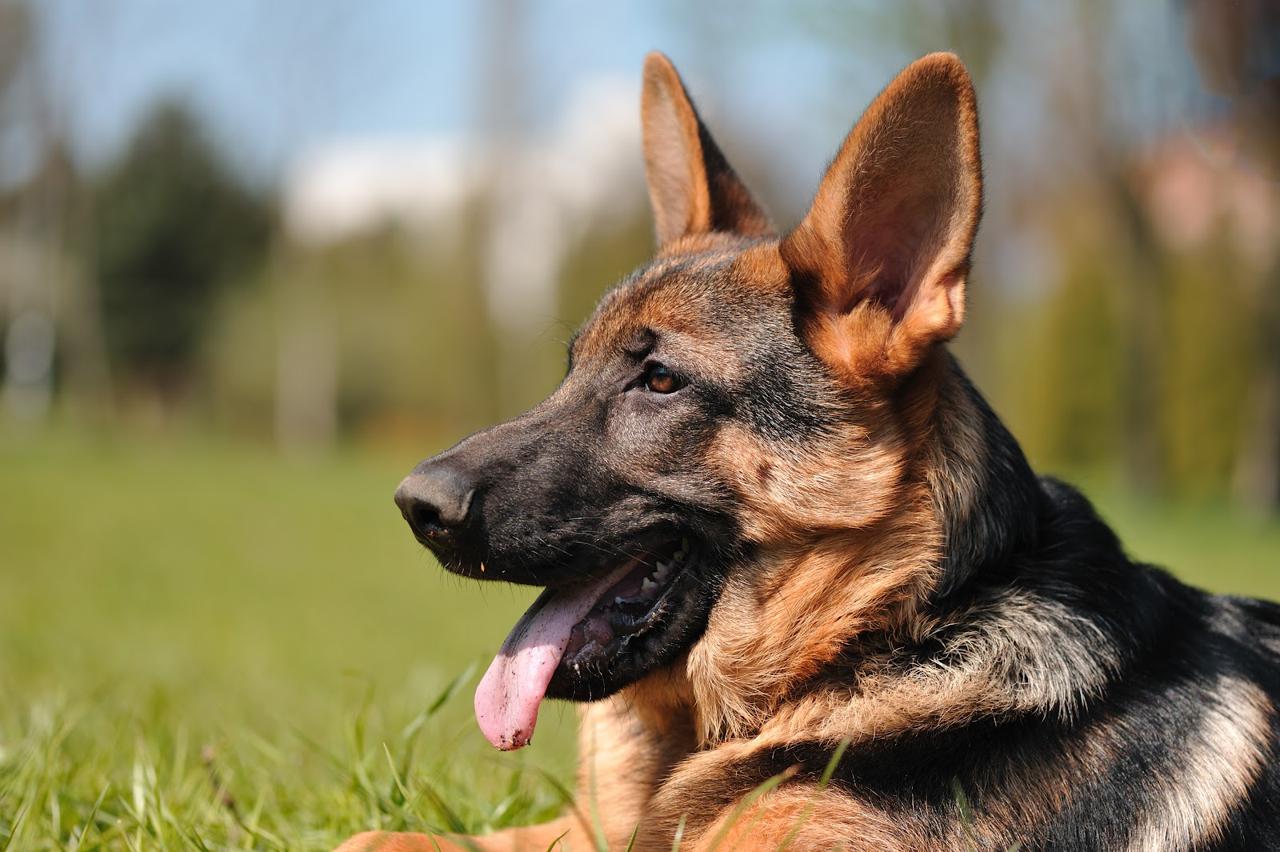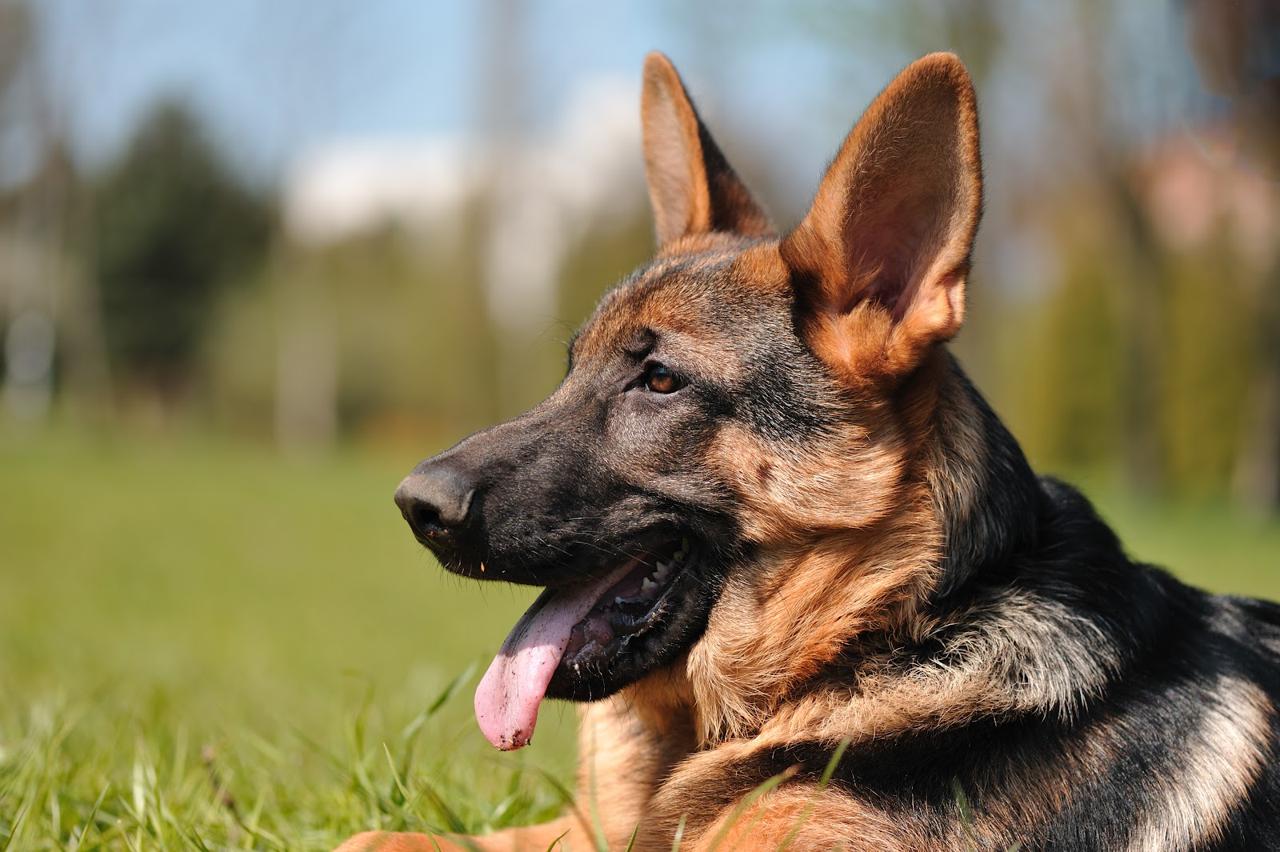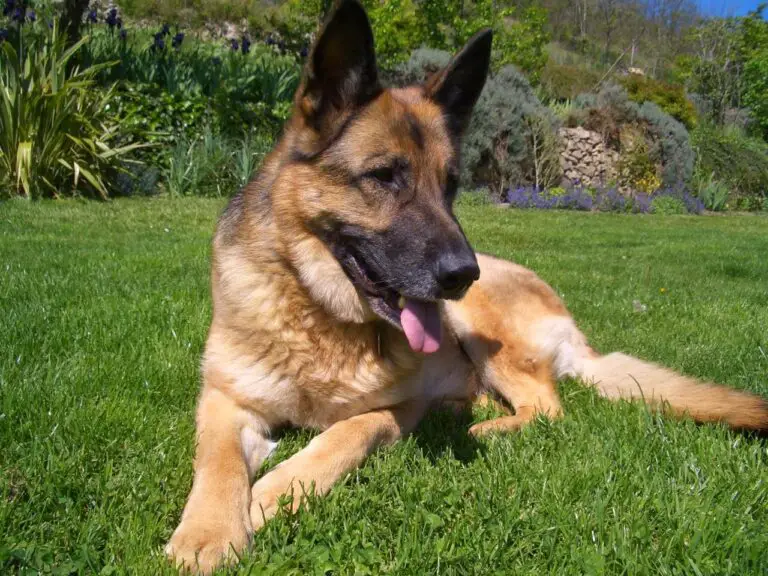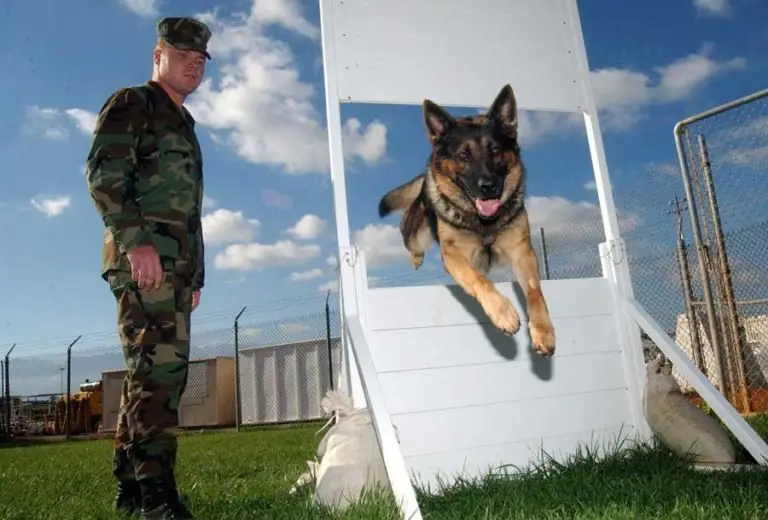Are German Shepherds Good With Smaller Dogs?
Have you ever wondered if German Shepherds can get along with smaller dogs? As a proud owner of a German Shepherd and an adorable Chihuahua, I can assure you that it is possible! But, it’s important to understand that every dog has its own temperament and personality, so it’s essential to take the proper steps to ensure a harmonious relationship between them.
Introducing your German Shepherd to your smaller furry companion might seem daunting, but with some socialization and training tips, you can make the process much smoother. Size and safety considerations are also critical to keep in mind. Establishing boundaries and sharing space can go a long way in creating a peaceful living environment.
Additionally, managing playtime and activities and monitoring for potential issues can help prevent any conflicts. But, don’t worry, we’ll cover all these points and more to make sure that your German Shepherd and smaller dog can enjoy a happy life together.
Comparing temperaments and personalities
When it comes to comparing the temperaments and personalities of German Shepherds with smaller dogs, it’s important to understand that every dog is unique. However, in general, German Shepherds have a confident, assertive, and dominant nature, while smaller dogs tend to be more timid and submissive.
To ensure a harmonious relationship between your German Shepherd and smaller dog, it’s crucial to introduce them properly and provide plenty of socialization and training. This can help both dogs understand their respective roles and establish boundaries.
As the larger dog, your German Shepherd may need to be reminded of their size and strength, and taught to be gentle during playtime. On the other hand, smaller dogs may need additional reassurance and protection from their bigger counterparts.
Overall, with proper training and socialization, German Shepherds can coexist happily with smaller dogs, and even become best friends. It’s important to monitor their interactions and address any potential issues as soon as they arise.
Proper introduction of German Shepherds to small dogs
Properly introducing German Shepherds to small dogs is crucial for a healthy and harmonious relationship. To start, it’s important to set up a controlled environment for the introduction, like a fenced yard or a neutral territory.
During the introduction, keep both dogs on a leash to ensure safety and supervise their interactions closely. If one of the dogs shows signs of aggression, remove them from the situation immediately.
Positive reinforcement and treats can be used to encourage good behavior from both dogs. Slowly increase the length and frequency of their interactions as they become more comfortable with each other.
Remember, every dog is different, so the introduction process may take longer for some than others. Be patient and don’t rush the process. By properly introducing German Shepherds to small dogs, you can ensure a happy and peaceful coexistence between your furry friends.
Socialization and training tips for a harmonious relationship
Socialization and training are crucial for German Shepherds to develop a harmonious relationship with smaller dogs. Here are some tips that can help:
- Start early: Begin socializing your German Shepherd with small dogs as early as possible to reduce the chances of aggression or fear.
- Supervise: Supervise all interactions between your German Shepherd and small dogs until you’re sure they get along well.
- Positive reinforcement: Reward your German Shepherd for displaying positive behavior around smaller dogs.
- Teach basic obedience: Teach basic commands like “sit,” “stay,” and “come” to ensure that you can control your German Shepherd during playtime.
- Gradual introductions: Introduce your German Shepherd and small dog slowly to avoid overwhelming either one.
- Consistency: Be consistent with your training and socialization efforts to ensure your German Shepherd continues to behave well around small dogs.
- Seek professional help: Don’t hesitate to seek professional help if problems arise or if you need additional guidance on socialization and training.
Remember that every dog is different, and it may take time and patience for your German Shepherd to form a harmonious relationship with a small dog.
Size and safety considerations
When it comes to German Shepherds and smaller dogs, size differences can be a concern for their safety. German Shepherds are naturally larger and stronger than smaller dogs, which means they can accidentally harm them during playtime or even when they’re just walking around.
It’s important to keep this in mind when introducing German Shepherds to smaller dogs and to monitor their interactions closely. One way to ensure their safety is to establish boundaries and provide a designated space for each dog to retreat to when they need to.
While size differences can raise safety concerns, that doesn’t mean German Shepherds can’t coexist peacefully with smaller dogs. As long as proper introductions are made, and they’re trained and socialized correctly, big and small dogs can live together harmoniously.
Sharing space and establishing boundaries
Sharing space and establishing boundaries are crucial elements for a harmonious relationship between German Shepherds and smaller dogs. It’s essential to create a comfortable and safe living environment that both dogs can share without conflict.
To establish boundaries, it’s important to create individual spaces for each dog such as separate feeding areas, crates, and beds. This helps prevent any competition for resources and reduces potential conflicts between dogs.
Teaching your dogs basic obedience commands such as “stay,” “come,” and “leave it” can also be helpful in managing their behaviour and interactions. It’s important to reward positive behaviour, and redirect negative behaviour in a calm and assertive manner.
Socializing and supervising playtime between the dogs is also crucial to ensure their safety and healthy interaction. It’s important to monitor their behaviour closely and intervene if any signs of aggression are shown.
In conclusion, sharing space and establishing boundaries are crucial for a harmonious relationship between German Shepherds and smaller dogs. By providing separate spaces, teaching obedience commands, and socializing your dogs, you can reduce potential conflicts and ensure a peaceful living environment.
Managing playtime and activities
Managing playtime and activities between a German Shepherd and a smaller dog can be a fun and exciting experience, but it is essential to take some precautions to ensure their safety and enjoyment.
Firstly, it is crucial to ensure that playtime is supervised at all times. This means keeping an eye on how the dogs interact and making sure their play doesn’t become too rough or aggressive.
Additionally, it can be beneficial to establish some ground rules for playtime. For example, setting boundaries around the play area or limiting toys to prevent possessive behavior.
Training and socialization are also important aspects of managing playtime. Ensuring that your German Shepherd and smaller dog are well-trained and socialized can help prevent any negative behaviors that could escalate during playtime.
Finally, it’s important to consider the dogs’ personalities and energy levels when planning activities. Some dogs may enjoy more physical play, while others may prefer something more low-key like a game of tug-of-war.
Overall, managing playtime and activities between a German Shepherd and a smaller dog requires careful attention to their behaviors and personalities. But with the proper precautions and some fun activities, they can develop a positive and harmonious relationship.

Monitoring and addressing potential issues
As a pet owner, it’s crucial to keep a close eye on your German Shepherd’s behavior around small dogs. Even the friendliest of dogs can have an off day or bad mood, resulting in potential issues. Keep a watchful eye on any signs of aggression or dominance, such as growling, snapping or biting.
It’s important to intervene early if you notice any concerning behaviors. Interrupt the interaction immediately, and separate the dogs. This will help to prevent any escalation of aggression and minimize the risk of injury to either dog.
If required, seek the assistance of a professional dog trainer or behaviorist to evaluate the situation and provide guidance on how to address any underlying issues. With proper training and socialization, German Shepherds can coexist peacefully with small dogs, but monitoring and addressing potential issues is crucial for a happy and safe relationship between your furry friends.
Conclusion
In conclusion, while German Shepherds can be great with smaller dogs, it is important to consider several factors before introducing them to one another. Temperament and personality play a crucial role, and proper introduction is essential for ensuring a harmonious relationship. Socialization and training are also important, as German Shepherds require consistent training to become well-behaved pets.
Size and safety considerations are also crucial, as a German Shepherd’s size can sometimes be intimidating to smaller dogs. Sharing space and establishing boundaries can help prevent unnecessary conflict, while managing playtime and activities can ensure safe and fun interactions. Lastly, monitoring and addressing potential issues can help nip any problems in the bud.
Overall, with the right approach and a bit of effort, German Shepherds and smaller dogs can certainly coexist in harmony. It’s up to owners to be responsible and ensure a positive and safe environment for both pets.



